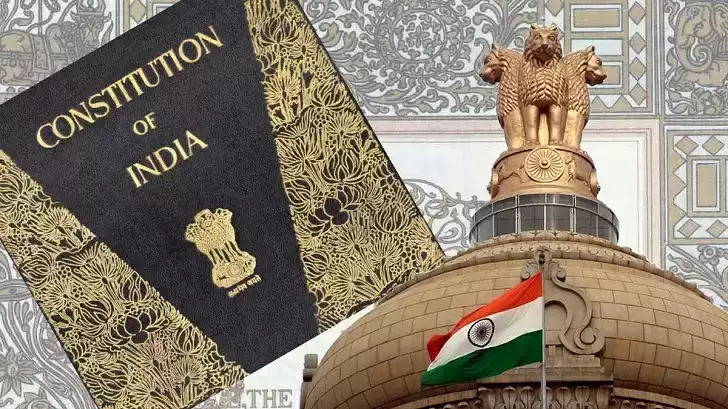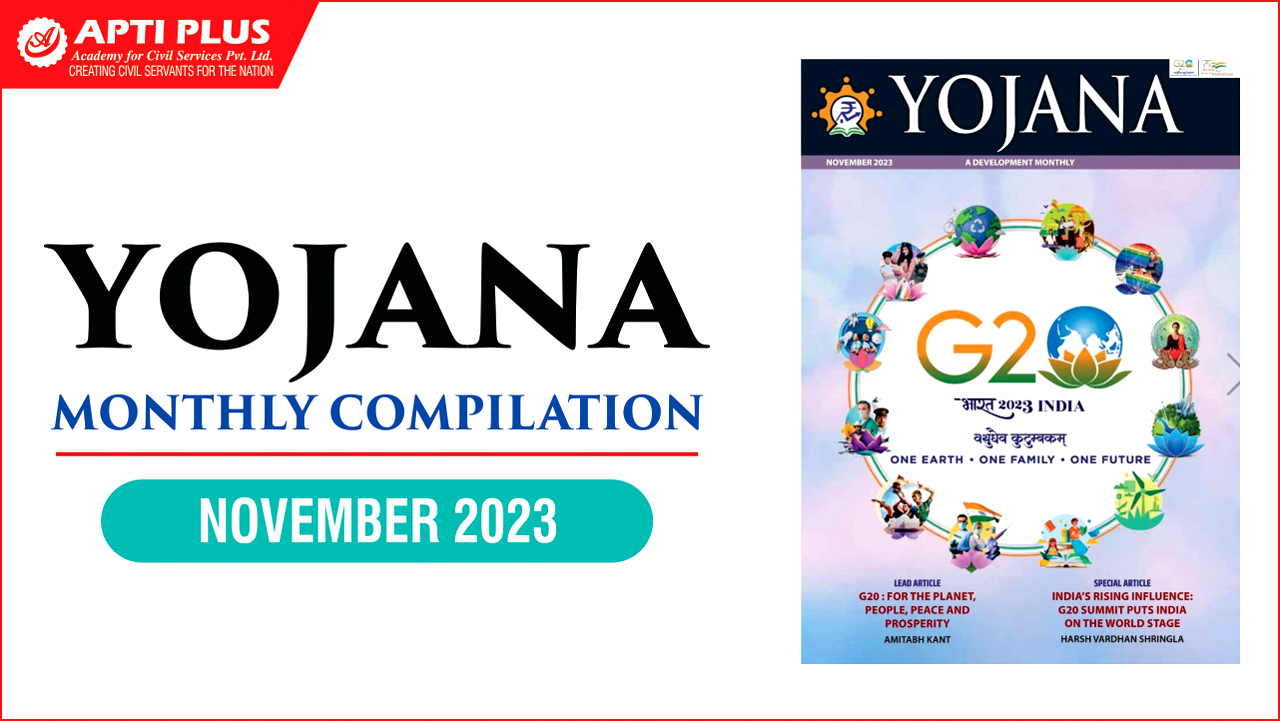Description

Copyright infringement not intended
Picture Courtesy: legalbonanza.com
Context: The Supreme Court ruled that the actions of the President during a state emergency under Article 356 must have a "reasonable nexus" with the stated objectives.
Details
- The Supreme Court held that the declaration of a State emergency under Article 356 and the subsequent actions of the President should have a "reasonable nexus." This implies that there should be a logical connection or justification between the emergency declaration and the actions taken.
- The court emphasized that the actions of the President during the state emergency are subject to judicial scrutiny. This means that the court can examine whether the President's exercise of power was in line with the constitutional provisions and had a reasonable connection to the stated objectives.
Article 356
- Article 356 of the Indian Constitution, commonly known as President's Rule or State Emergency, provides a mechanism for the Central government to assume control over a state's administration if there's a failure of constitutional machinery in that state.
- The origin of Article 356 can be traced back to the Government of India Act 1935, which gave similar powers to the Governor-General to intervene in the affairs of the provinces.
- The framers of the Constitution adopted this provision with some modifications, hoping that it would be used sparingly and only in extreme cases. However, over the years, Article 356 has been invoked more than a hundred times, often for political reasons rather than constitutional crises.

Provisions of Article 356
Grounds for Imposition
- If the President, upon receiving a report or otherwise, is satisfied that the government of a state cannot be carried out in accordance with the Constitution, Article 356 can be invoked.
- Also, if a state fails to comply with or give effect to the directions from the Centre, it can be seen as a failure of the constitutional machinery.
Parliamentary Approval and Duration
- A proclamation of President's Rule must be approved by both Houses of Parliament within two months.
- If approved, it continues for six months initially and can be extended, with Parliamentary approval, up to three years in total.
- However, post the 44th Amendment Act of 1978, the extension beyond one year requires specific conditions, such as the existence of a National Emergency and certification by the Election Commission for the inability to hold state elections.
- The President can revoke the proclamation at any time without parliamentary approval.
Consequences of President's Rule
- The President takes over the state's functions, can declare that state legislature powers are vested in the Parliament, and suspend or dissolve the state legislative assembly.
- During this period, the President or Parliament can make laws for the state, which continue even after the President's Rule unless altered by the state legislature.
Supreme Court Intervention
- In S. R. Bommai Case (1989), the Supreme Court clarified the limitations of Article 356.
- It restricted the use of Article 356 to only instances of a breakdown in constitutional machinery or 'hung assembly.'
- It emphasized that the provision cannot be invoked without giving the state government an opportunity to prove its majority or in the absence of a violent breakdown of the constitutional machinery.
- The Supreme Court's intervention significantly curtailed the arbitrary use of Article 356, emphasizing the importance of following constitutional norms before imposing the President's Rule.
.jpg)
Conclusion
- Article 356 was originally intended to address severe breakdowns in governance within states but has faced misuse for political gains. The Supreme Court's intervention in the S. R. Bommai case set clear guidelines to restrict its arbitrary use, emphasizing adherence to constitutional principles and the democratic process.
Must Read Articles:
ARTICLE 356: https://www.iasgyan.in/daily-current-affairs/article-356#:~:text=According%20to%20the%20provisions%20of,Rule%20will%20be%20required%20again.
|
PRACTICE QUESTION
Q. What are the circumstances and conditions under which the President of India can impose President's Rule using the provisions of Article 356, and how does it impact the federal structure of the country?
|















